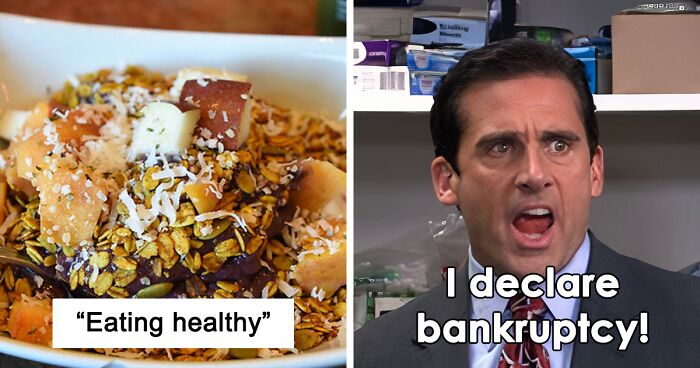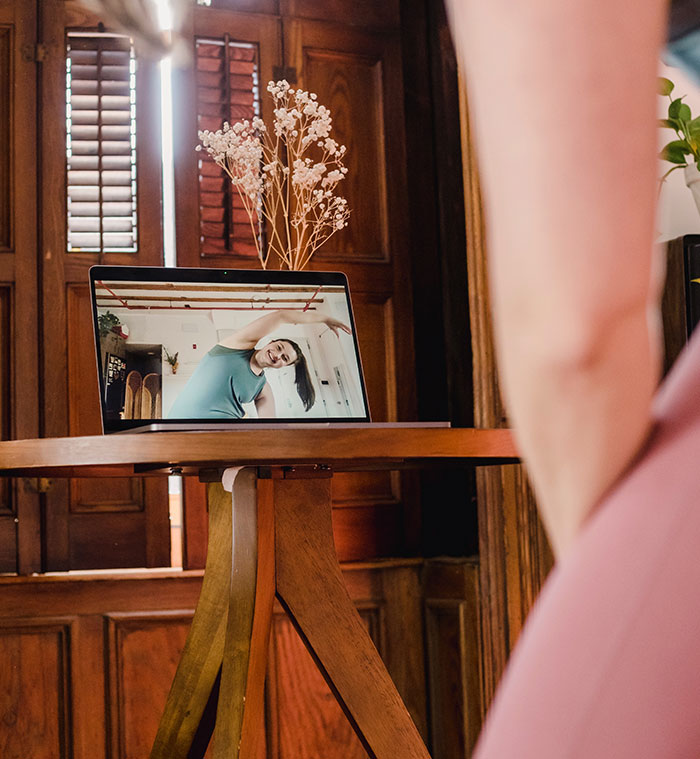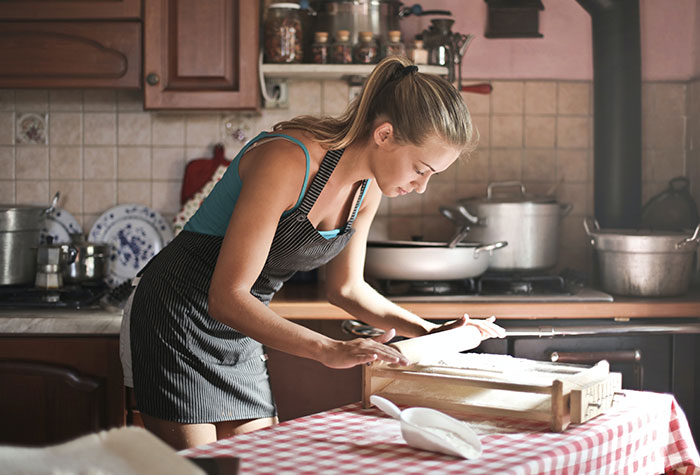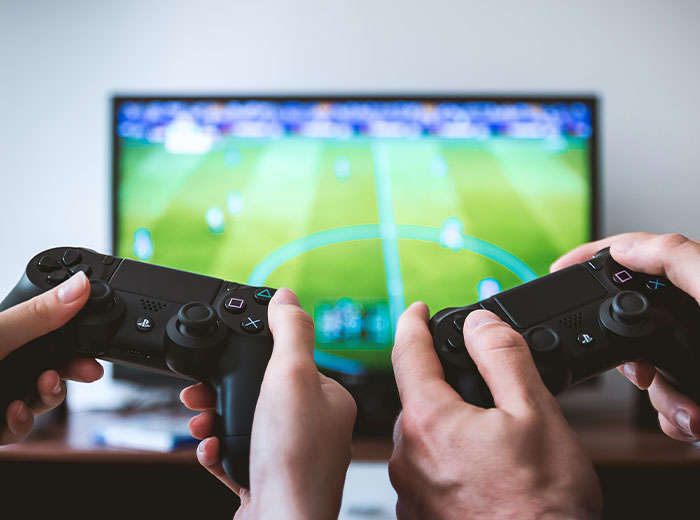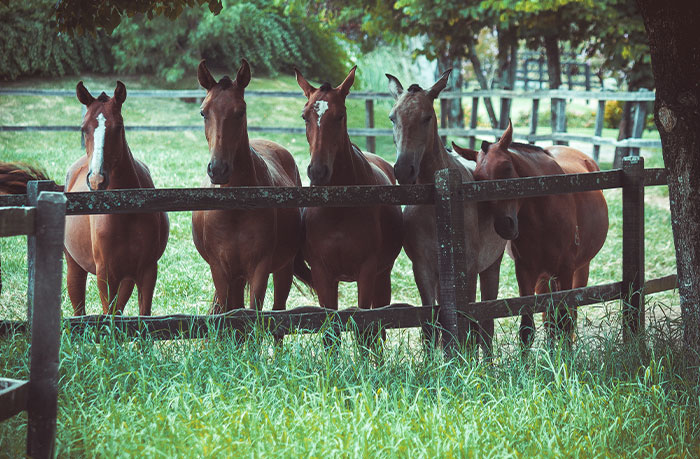“Back in my day, they served gourmet meals on airplanes!”
“Back in my day, you could buy a Hershey’s bar for a nickel!”
“Back in my day, everybody owned a home by the time they were 25!”
Times change rapidly, and kids today are certainly growing up in a different world than our parents did. Along with all of the innovations and cultural shifts that have happened in recent decades, certain words have even adopted new meanings as well. For example, the word luxury doesn't mean quite as much as it used to...
Last week, Reddit user Sweet_Chick283 posed the question, “What previously normal thing is now a luxury?” and many people chimed in with things that have become less accessible over the years. From owning a home to earning a college degree, we’ve gathered some of the responses down below that might make you wish you had grown up in an earlier generation. Keep reading to also find an interview with Sweet_Chick283 to hear her thoughts on the topic and what inspired this conversation in the first place.
Be sure to upvote the replies you agree with, and feel free to sound off in the comments about anything else you've seen slowly turn into a luxury. Then, if you’re interested in checking out another Bored Panda article calling out how out of control inflation has gotten, look no further than right here.
This post may include affiliate links.
The right to a legal and safe abortion, apparently
To gain some more insight on this topic and hear what sparked this conversation in the first place, we reached out to Sweet_Chick283 on Reddit. She told us, "I was inspired to start this conversation when I was joking with a colleague about how, as a parent with a kid under 3, a full night of sleep is a luxury I cannot afford. It made me realize how, over the last 5 years or so, things that had once been normal had become luxuries accessible only to the upper middle class and the rich. I was curious as to how universal the experience has become - obviously, the Reddit population probably doesn't provide a representative sample globally, but it is a rich source of anecdotal evidence."
We also asked her what things she has noticed have turned into luxuries over time. "Let me start by acknowledging that I'm in an incredibly privileged position," she told Bored Panda. "I, through sheer dumb luck, chose to study in fields that the market appears to value, was lucky enough to score a job in a high paying industry just before the 2008 recession hit, and was lucky enough to stick around in a discipline that financially rewards experience."
"However, between my mortgage, childcare costs, and the inflation we have seen over the last year on the cost of groceries, petrol and other consumer goods, our family have had to cut out a range of non-essentials, and cut down on others," she explained. "I have had to cut out buying clothes from anywhere but the op-shop, and everything that can be mended or repurposed is mended or repurposed. Although we do buy new shoes for our family, they have become a luxury, and involve careful budgeting and research to ensure what we buy is of sufficient quality and can be made to last. We have had to cut out entertainment that doesn't come courtesy of Reddit, YouTube, other free streaming services, our local parks or our local library. Fresh meat, fruit and vegetables feel like a luxury, given how unreliable the supply was during COVID, and how expensive they have become."
 A single-income household that owns a home, a car, and can go on yearly family vacations
A single-income household that owns a home, a car, and can go on yearly family vacations
I think he's sitting on what a single-income home/car/vacation looks like now
When it comes to her thoughts on why these once normal things have become luxuries, Sweet_Chick283 told us, "I would defer to the economic experts to postulate why the consumer goods have been hit comparatively hard by inflation - I imagine it's some combination of COVID and climate change impact on supply chains, the non-discretionary nature and relatively inelastic demand of many consumer goods (and the knock on impact on supply chain and operational expense for goods with a more elastic demand), as well as the uncertainty that has hit supply chains from the war in the Ukraine, and people who set prices wanting to make sure their bottom line is (pre-emptively) protected against their rising costs. I'm sure there are some opportunistic types that see the word 'inflation' and raise their prices just because they can, but I don't think it's broadly representative."
"I couldn't postulate why the businesses who took out the COVID loans in many of the larger economies that were then forgiven, didn't pass on any of the economic benefits to the rank and file workers, so the subsequent inflation caused by their spending wasn't accompanied by higher wages," she continued. "But I imagine the relationships between those in the government over the last 30 or so years in the economies of the global north (who have removed many requirements for business transparency, and increasingly stripped workers and the general public of their rights, for the implicit or explicit benefit of the big businesses that contribute to their reelection war chests) might have something to do with it."
 Having a reachable, reliable doctor that doesn't make you feel like you're wasting their time.
Having a reachable, reliable doctor that doesn't make you feel like you're wasting their time.
I’ve been with my doctor now for nearly 30 years. Since she went with a regional medical practice that has offices all over my area, she and her staff are impossible to reach in person. At best, I have to leave a voicemail, from which I don’t always get a confirmation during office hours. At worst, the automated greeting directs me to the website for everything, and never even offers me the choice to leave a voicemail after office hours. The same website that you sign up for, where you fill everything in and are told you will get an email with a special code to use to activate your account. I have tried about four times now to get my account activated. I have NEVER received the email with the code! I even left a voicemail on my doctor’s office extension to tell them I’m not getting that email, and not a thing has been done about it. I used to be able to call her office and get a live person, or leave a message and a live person would call me back. Considering just how personal a person’s health is, I can’t believe making getting in contact with your doctor so impersonal could be considered to be any kind of improvement.
"Ultimately, a large section of the population in democratic countries either haven't understood their own economic best interests, or have been suckered into the belief that they will be in the top economic 0.1% one day, or have decided that other people's uteruses (or who other people can marry, or xenophobia, or some other wedge issue that has no bearing on their daily lives) are more important than their own economic security, and voted for political parties that do not represent their economic best interest," Sweet_Chick283 explained. "This has lead to the situation we are in now - rising inequality, less reliable social support for those most in need, leading to uncertainty about when low wage workers will be available, therefore less supply of the products that low wage workers produce (many of which have an inelastic demand), driving up the price of those goods. I'm far from an expert, and the causal chain seems highly complex; but we cannot examine rising prices and stagnant wages in a political vacuum."
We then asked Sweet_Chick283 if she thought anything could be done to make these "luxuries" accessible again. "Boy, I wish I knew! I don't think anyone has answers, and anyone who says they have all the answers is either a victim of the Dunning-Kreuger effect, or trying to manipulate you," she told Bored Panda. "I'm not going to get into details on how housing has transformed from a basic human essential to an investment asset (and the current housing crisis is the necessary consequence of the free market), or how much of the instability may also be driven by climate change, as I'd never stop!"
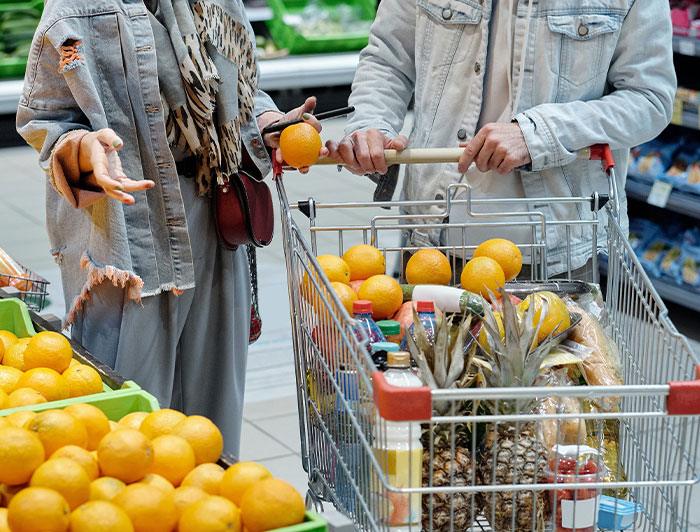 Being able to spend $100 at the grocery store and leaving with a cart of food
Being able to spend $100 at the grocery store and leaving with a cart of food
Man, I actually almost forgot what this was like. I used to shop for two weeks at a time for my family. I would spend around $120 at Aldi and had to be extremely strategic to fit it all into one cart. ... that was only 3 years ago. (*gently weeping)
She did have a few suggestions for what to keep in mind, however, if we want to work to solve this problem. "Remember that what stops people hoarding and driving up prices is certainty," she noted. She went on to explain that having protections for workers might help in increasing certainty and stability. Next, Sweet_Chick283 told Bored Panda, "We must accept the fact that everyone who works (or has worked) for their income is working class, and vote for the people who represent their economic best interest." She explained that political reform is necessary as well, so citizens can receive accurate information, governments are held accountable for gerrymandering and lying to voters, and taxes on the wealthy do not continue to be cut.
"Until the last 5 years or so, the global north has (mostly) been satisfied with cheap food and cheap entertainment," she explained. "But that is now drying up and leading to significant social friction. I don't know if we have enough time left to fix the root cause of the problems before we see deaths or disaster on a massive scale, and the social unrest that will potentially follow."
"No disaster lasts forever. And I know that inflation won't last forever. But it - along with the inequality, political concerns, climate change and potential consequent social unrest - can bring down a society in a way that may take generations to repair. But I have faith in people. This AskReddit post reminded me that others see what I see, and I hope this sparks some ideas in others about what can be done so that the basics of living are no longer considered a luxury."
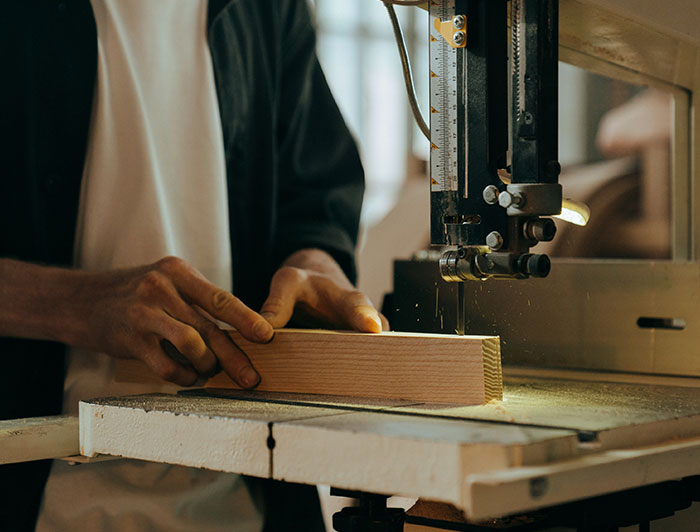 Things built to last. Back in the day everything made was built to last. It was cheap too. Then people found plastic...
Things built to last. Back in the day everything made was built to last. It was cheap too. Then people found plastic...
I kind of disagree with generalization. Yes, some stuff was build to last, but some things are build well nowadays as well. Amount of c**p "back then" was astonishing and people complained in the same way about old "good times". Not everything was cheap either and while stuff might appear cheap in numbers - don't forget inflation. The only real issue I see is "planed obsolescence" and this is something what needs to be eradicated.
In many nations, there was once a time where the average person could graduate from college (without the help of student loans) and immediately land a full-time job with a decent salary. Within a few years, they could buy a car, purchase a home, fund a wedding, provide for their family and save for retirement all at the same time. Today, however, it feels like even doing one of those tasks without falling into crippling debt would be a dream.
With inflation at a 40-year high and the price of everything from fuel to rent to groceries skyrocketing, many things that were once accessible to the average person now seem like luxuries only the privileged few can afford. This list is not the most uplifting content we’ve ever shared, but it is important to be reminded of the realities of our world. Times have changed, and it seems like life in general is only becoming harder and harder as the years go by.
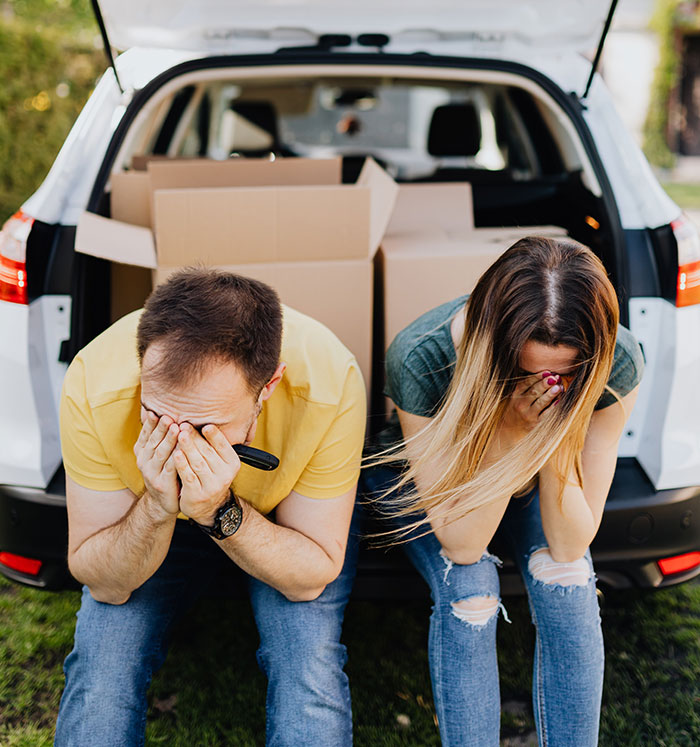 Being able to pay living expenses and have money left over
Being able to pay living expenses and have money left over
Although it is a necessity we all need to find a way to afford, food is one of the most important things that has been impacted by inflation. Billions of people around the world have had to cut back on their grocery bills, whether it’s by purchasing less in general or by opting for cheaper versions of what they would have typically tossed into their carts. Unfortunately, healthy food and fresh produce have long been more expensive than fast food and processed items, and with everyone’s budgets becoming tighter, our health might begin to suffer as well.
When fresh fruit and vegetables become luxuries, it can cause a domino effect on the health of citizens who simply want to prevent themselves and their families from going hungry. If there is a cheaper, more calorically dense option that will keep stomachs full, many people will reach for that instead. Considering the nutritional content of food is a privilege. I’m not saying we all need to be purchasing organic kale, expensive supplements and 7 avocados a week. But having access to the full food pyramid, including various fruits and vegetables that provide valuable vitamins and nutrients, should be a basic human right, not be a luxury.
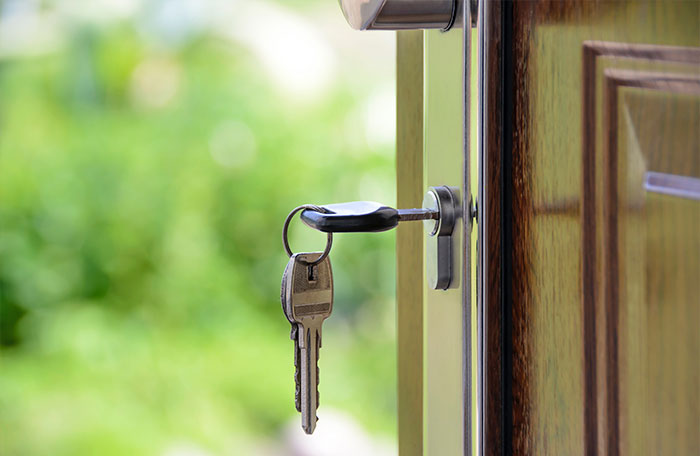 Owning a home
Owning a home
We were super lucky to get a house last time the housing market crashed. We wouldn't be able to now.
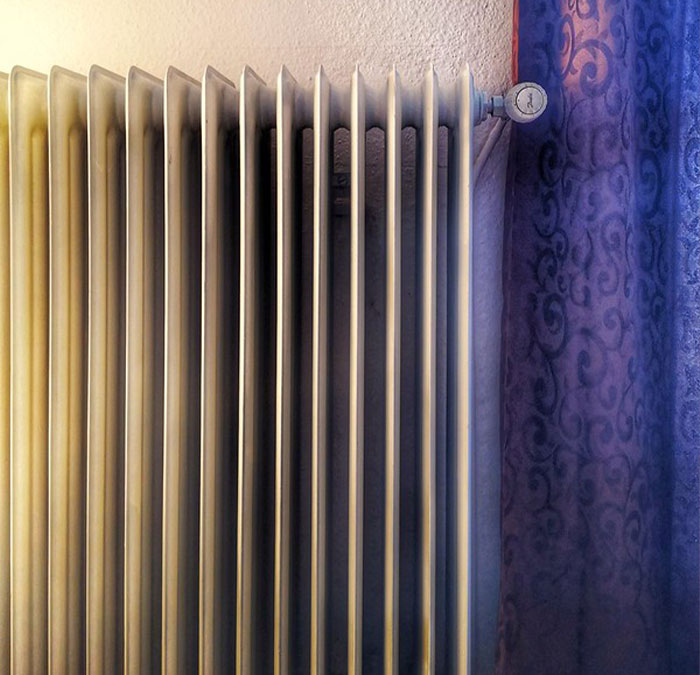 In the UK, heating our homes for the winter. Energy prices have become unaffordable.
In the UK, heating our homes for the winter. Energy prices have become unaffordable.
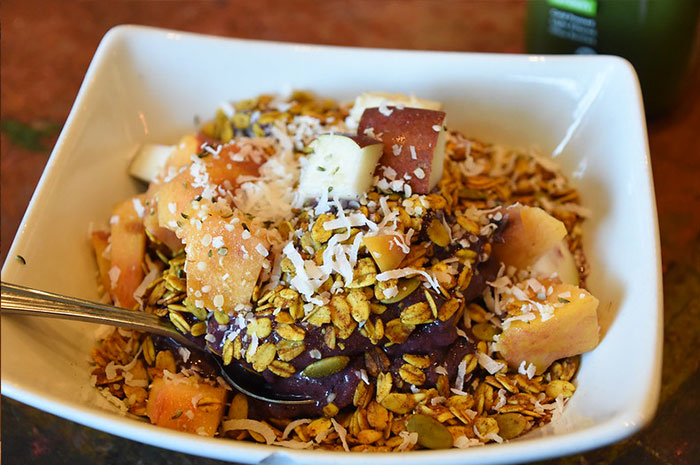 Eating healthy
Eating healthy
It is a shame that in our country (UK), I can get every kind of unhealthy food delivered to my door in 30mins, but nothing healthy at all.
Last year, Isabelle Gerretsen of the BBC published an article addressing how climate change is also a factor in turning certain food items into luxuries few have access to. She first explained that this phenomenon is nothing new, as many foods have transitioned from undesirable to luxury items or luxury items to everyday items over time. Lobsters, for example, were once so abundant that they were used as fertilizer and served in prisons. Kentucky politician John Rowan even stated during the 19th century, "Lobster shells about a house are looked upon as signs of poverty and degradation."
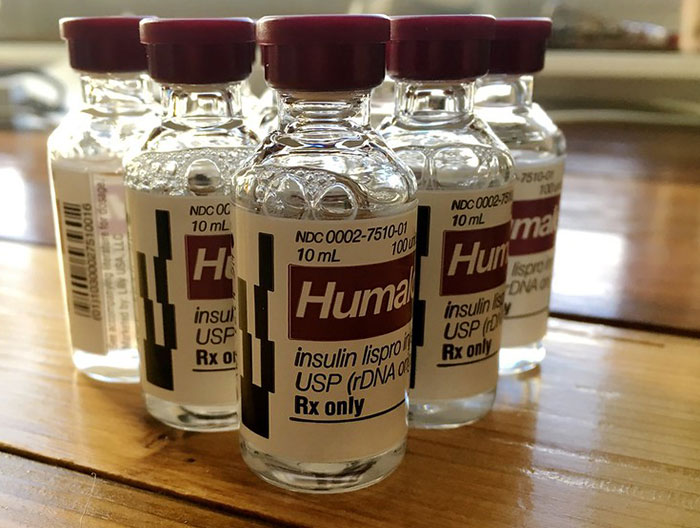 Insulin.
Insulin.
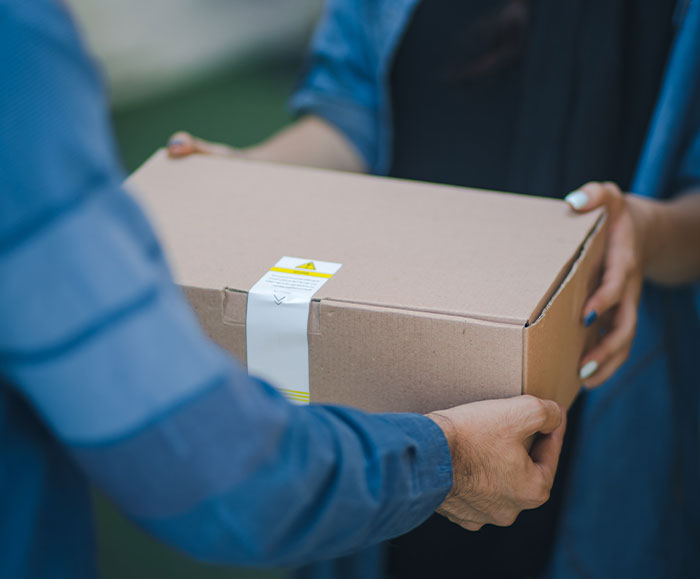 Products without a monthly subscription
Products without a monthly subscription
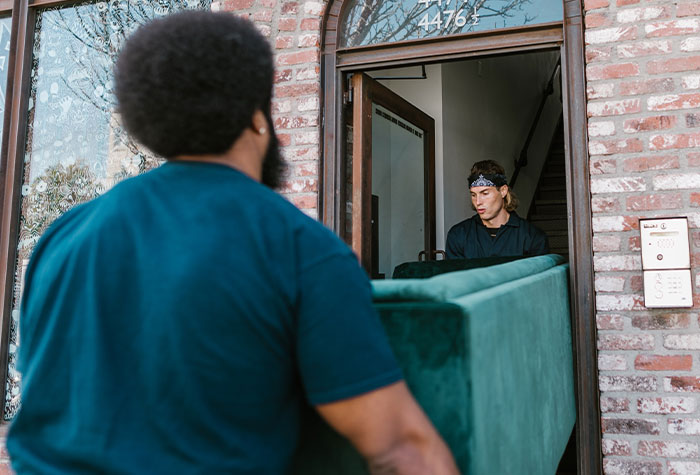 In America, we used to have starter homes. A home so cheap a single young person's salary could move him in.
In America, we used to have starter homes. A home so cheap a single young person's salary could move him in.
Oh we have cheap houses that cost $600 a month with taxes included. They are just not in especially desirable areas. They are solid houses as well. Needs updating but the house itself is in good condition.
Lobsters have the development of railways in the United States to thank for their reputation being turned around. They were served to wealthy passengers on board who had no idea that they were considered a lower-class food, and the crustaceans became so popular that the upper-class began bringing them back to the cities. Eventually, they started popping up on menus, slowly transitioning them into the delicious, luxury items they are today. Similarly, oysters were not always beloved by the affluent. They were a key part of the diet of the poorest societies in the 19th century when they were abundant, but due to overfishing, they eventually became scarce and their status was elevated.
 Privacy
Privacy
FIOP exists in Canada to protect privacy, cameras are in buildings and their outside property. No one gets to look at you on camera unless they are the police and fill out a lot of paper work and the footage is erased after a few months
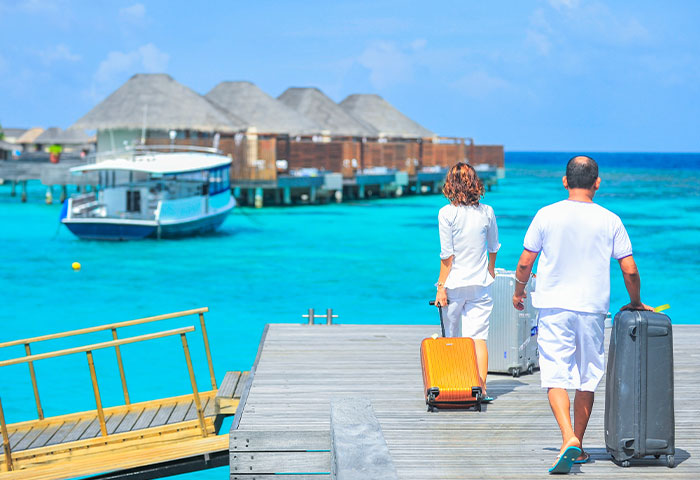 Vacations
Vacations
I think we all need to realise that vacations were a luxury in the first place.
In the near future, however, some other foods that we have long considered staples might become available only to the rich. Coffee and chocolate in particular are becoming scarce due to changing climates making it harder for them to grow. If global temperatures continue to rise, land in Ghana and Ivory Coast that have produced much of the world’s cocoa beans might become unsuitable for the crop. “Cocoa used to be for kings and nobody else,” Monika Zurek, a senior researcher at the Environmental Change Institute at the University of Oxford, told the BBC. “Climate change is hitting production areas hard...it could become more luxurious again.”
 8 hours of sleep, at least for me.
Edit: Id like to add, I'm not a parent, I'm just f*****g miserable.
8 hours of sleep, at least for me.
Edit: Id like to add, I'm not a parent, I'm just f*****g miserable.
I'm sorry you're going through some things. I hope you find some happiness and relief.
Last week I would have said turning my heating on. This week it's having a government that doesn't crash our currency and almost cause a pensions wipe-out within their first seven working days in power. Who knows what next week will bring? Tune in for more hijinks from the self-styled party of economic competence.
So much for Brexit financing the National Health Service, I assume?
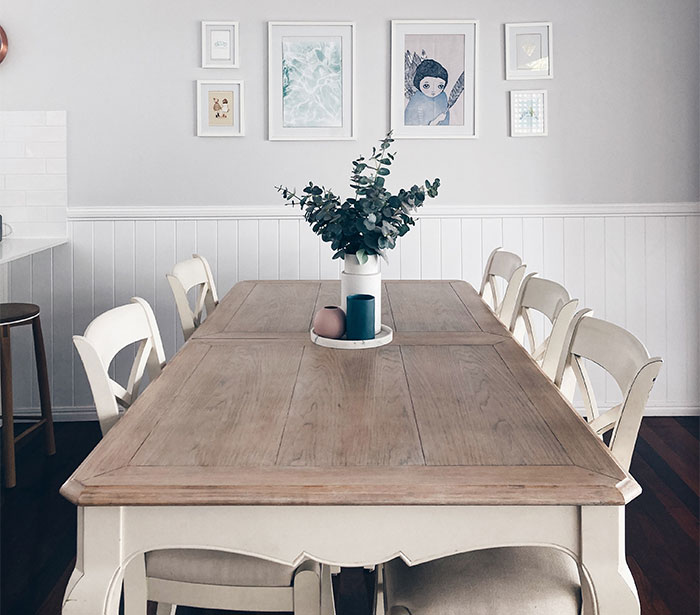 Real wood furniture. This MDF and particle board s**t is disgusting.
We recently bought a solid hardwood dining table and some chairs. You can just tell the quality difference - the table alone weighs almost 350 lbs and is solid as all hell. We are looking forward to passing it on to our kids.
Our previous table was one of those veneered BS tables made out of compressed sawdust. It was only a few years old but was already falling apart. $500 down the drain for that.
Real wood furniture. This MDF and particle board s**t is disgusting.
We recently bought a solid hardwood dining table and some chairs. You can just tell the quality difference - the table alone weighs almost 350 lbs and is solid as all hell. We are looking forward to passing it on to our kids.
Our previous table was one of those veneered BS tables made out of compressed sawdust. It was only a few years old but was already falling apart. $500 down the drain for that.
I think MDF is getting too much of a bad rap though. It does have its advantages. Cutting large solid chunks of wood out of a tree is difficult and not very sustainable so pressed wood is a reasonable alternative imho.
Chocolate would be a devastating food item to lose for many of us, but something that might be even more scary to have to live without would be coffee. Unfortunately, coffee could also become a luxury good in the coming years, as according to one study, the areas in Latin America that are suitable for producing coffee beans could shrink by 88% by 2050 if global temperatures continue to rise. As silly as it sounds to say that, “I can’t live without my morning coffee!” The fact is that we shouldn’t have to. We should not have destroyed our planet to the point where we may not even be able to enjoy a brownie or a warm cup of coffee in the morning.
Having a roof over your head and affording food without having a roommate or burning yourself out with three jobs
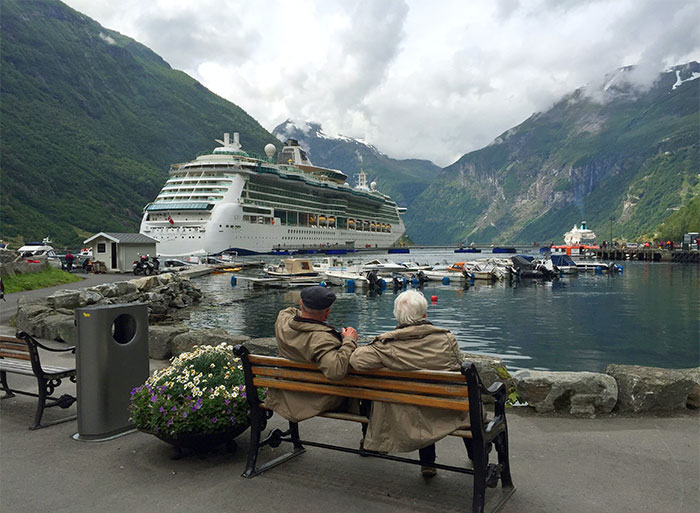 Retirement strategy built-in to your job.
Retirement strategy built-in to your job.
...in fact, retirement of any kind for the working classes - which means pretty much everyone who needs/needed to work to support themselves and their families. More and more people in their late sixties, seventies - even eighties - are forced to continue working way beyond the age when they would have already been enjoying retirement just a decade or so ago. This is having a direct impact on health and longevity in the older population, with a knock-on effect on the younger generation, too. More children are growing up without a grandparent there to spoil them or give them advice, something which was a rarity a few decades back.
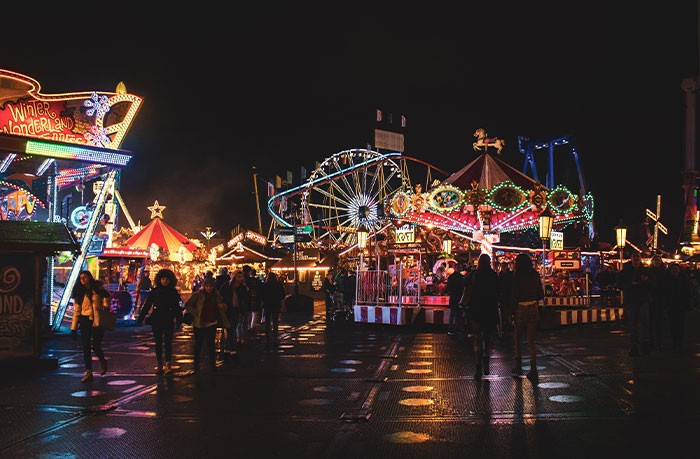 Activities! Carnivals, parks, festivals, ect. Last time I went to a carnival it was $40 per person, more if you bought the ticket the day of. Renfaire here is over $60 for the entry fee. They were never cheap but they were affordable ways to interact with your local community and spend time with family/friends. Now there isn’t really much you can do without a steep entry fee..
Activities! Carnivals, parks, festivals, ect. Last time I went to a carnival it was $40 per person, more if you bought the ticket the day of. Renfaire here is over $60 for the entry fee. They were never cheap but they were affordable ways to interact with your local community and spend time with family/friends. Now there isn’t really much you can do without a steep entry fee..
Everything that used to be free costs money these days. We’re being nickel and dimed—-and $20 and $30, AND $100 and $200 dollared—-to death.
Many people are advocating to turn meat into a luxury good as well, to reduce our strain on the environment. Animal agriculture has brutal impacts on the planet, sucking up resources like water and crops and producing 65% of the world’s nitrous oxide emissions. If we adapt our tastes to include more plant-based items and consider meat as a luxury that we don’t devour every day, we might be helping the planet a great deal. In fact, we could even transition to a place where eating meat often is social unacceptable, and plant-based alternatives are the norm. “It could get to a point where eating a burger is not a cool thing to do with your friends,” Peter Alexander, a senior researcher in global agriculture and food security at the University of Edinburgh, told the BBC. In this regard, it could be a positive for meat to become a luxury.
Leg room on a plane
Feeling safe in school.
Again. Only a US or third-world problem where the “rights” of the individual has overtaken the rights of society to live in safety.
Shifting the way we view and eat food takes time, though. And many people are opposed to the idea of rethinking their diets or changing their habits. As the UN’s Food and Agriculture Organization warns, “There is a worrying disconnect between the retail price of food and the true cost of its production. As a consequence, food produced at great environmental cost in the form of greenhouse gas emissions, water pollution, air pollution, and habitat destruction, can appear to be cheaper than more sustainably produced alternatives.” Ideally, we would not have to give up anything or adjust to changing times. But when the world is rapidly changing due to shifting climates, that we have caused, we have to make some compromises. If that means understanding that some of our favorite foods are now luxuries, it might be the unfortunate reality we have to accept.
 Higher Education
College tuition prices are a lot higher today.
Higher Education
College tuition prices are a lot higher today.
My private university was $14,000 a year when I started in 1996. My daughter wants to go there now. It's $60,000. There's absolutely no way. It's a fine arts school. It's not like she's coming out of there a doctor or lawyer. $240,000 and she will absolutely have to get a masters degree afterwards if she wants to get an actual job in her field. It's complete b******t.
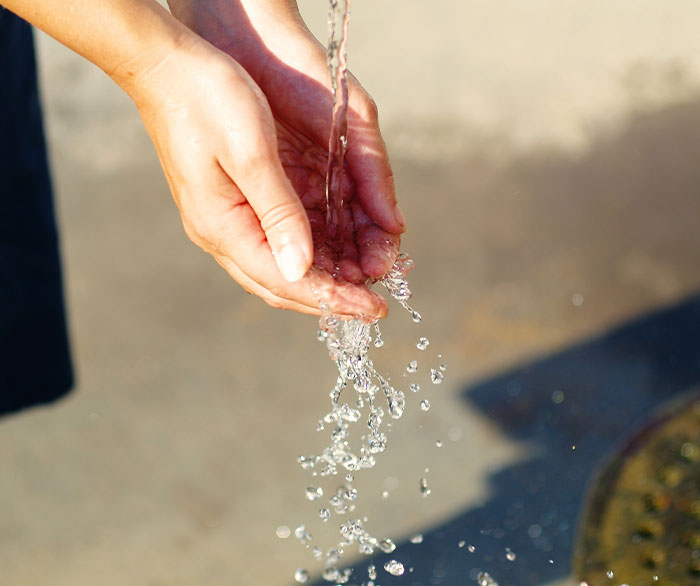 Water. Oops, sorry, I thought it was 2024.
Water. Oops, sorry, I thought it was 2024.
 Babies. Maternity leave.
Babies. Maternity leave.
It is still pretty normal nearly everywhere except "The land of the free".
Is this list reminding you of some of the things that used to be more accessible when you were younger? Keep upvoting the responses that hit home for you, and then let us know in the comments what you wish was still affordable for the average person, rather than a luxury for the few. And then if you'd like to read another Bored Panda article addressing how ridiculous inflation has become recently, check out this story next.
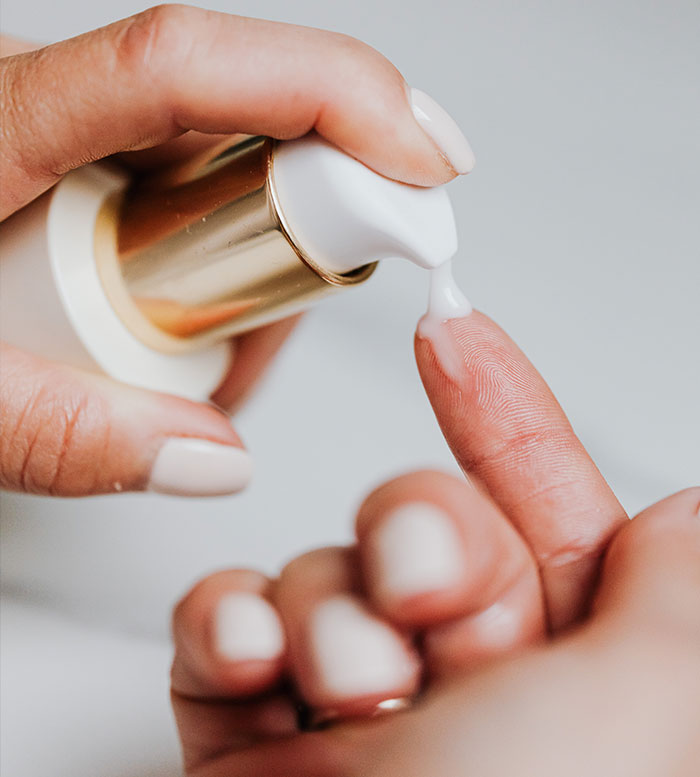 Have a product that lasts MANY years. Not for a lack of resources of the great companies , but it is much more profitable to make a product that lasts a few years and make people go after another product of yours.
Have a product that lasts MANY years. Not for a lack of resources of the great companies , but it is much more profitable to make a product that lasts a few years and make people go after another product of yours.
Peace and quiet.
It's why I live in the suburbs...i'll never live in urban/downtown and share walls again!
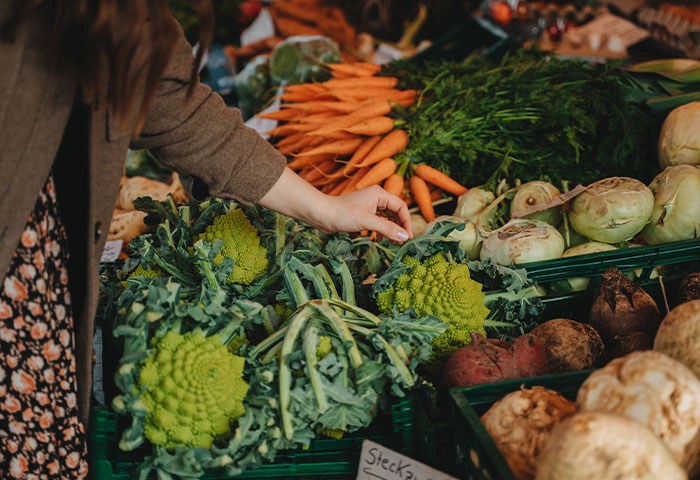 Food. Literally just food. S***s getting expensive and hoarders take it all and let it go bad
Food. Literally just food. S***s getting expensive and hoarders take it all and let it go bad
 Lobster used to be poor mans food. In her childhood my mother talked to an old man who had been poor in his youth. He told her how he would wait until the middle of the night to go throw his lobster shells into the sea, so that no one would know he had to resort to eating lobster.
Lobster used to be poor mans food. In her childhood my mother talked to an old man who had been poor in his youth. He told her how he would wait until the middle of the night to go throw his lobster shells into the sea, so that no one would know he had to resort to eating lobster.
Same trajectory as oysters. In Dickens' day only the povs ate oyster.
Owning a new car
Pensions. Now all the advice is to basically give the big corporations all of your money and hope to live off the dividends of the money they make.
The ability to unplug from work on off hours.
The advent of the Mobile Phone really meant that there was no down time from work demands, ever - not for holidays, religious or otherwise, not when you are off sick, not even when you are dealing with some life-shattering trauma (a death in the family, a life-threatening illness), not even then. Even when you switch off your phone, they still seem to know where to find you...
Trucks. When I was growing up trucks were dependable, barebones vehicles driven by contractors, landscapers, and farmers. They had minimal options, were used mostly for hauling stuff and were very uncomfortable if you were a passenger. Now, they come with heated seats, plush interiors, and glossy paint jobs and cost a fortune. In a generation, they went from affordable working man transports to massive luxury vehicles for suburban dads.
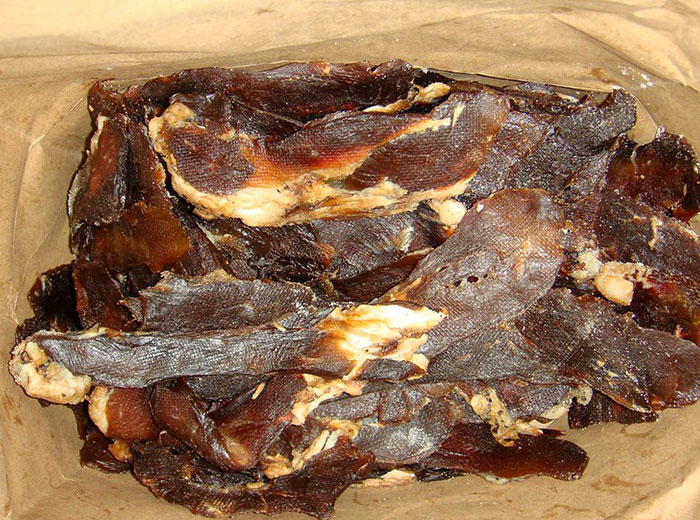 Beef Jerky. I cant believe how f*****g expensive this s**t is nowadays.
Beef Jerky. I cant believe how f*****g expensive this s**t is nowadays.
Beef jerky/biltong is amazing, but it is so expensive. It must cost only pennies to make. I have never understood this.
 Mechanical watches. Quartz and digital nearly completely eliminated the low to middle market. The only survivors were, or became, status symbols.
Mechanical watches. Quartz and digital nearly completely eliminated the low to middle market. The only survivors were, or became, status symbols.
Having a moment of happiness and hope for the future.
Meals on flights
They still exists. At least in trans-Atlantic flights. In 2024, I flew from the Netherlands to Ecuador v.v. and maybe it's because of the long trip, or maybe it depends on the Airline, but we were very well taken care of
Being able to go grocery shopping AND fill up my gas tank in the same day. Also, bacon.
Going down to the corner for a cup of coffee. Used to be diners and coffee houses would sell coffee dirt cheap with free refills to get customers in the door. Then Starbucks came along - $7 for a cup of coffee and no free refills.
Free refills also seem to be a US-only thing not found in the rest of the world ..
Books
Nah. Books in general are pretty cheap and are in plentiful supply second-hand. Textbooks, maybe.
Upon examination, it’s undeniable that the Middle Class was complicit in its own demise.
I was born in 1982 and we've never not been under the threat of mutually assured destruction my entire life. Anyone who thought the USSR ever really went away just wasn't paying attention. It has been this way since the 60's. That's why so many post apocalyptic franchises popped up in the 80's.
Load More Replies...Upon examination, it’s undeniable that the Middle Class was complicit in its own demise.
I was born in 1982 and we've never not been under the threat of mutually assured destruction my entire life. Anyone who thought the USSR ever really went away just wasn't paying attention. It has been this way since the 60's. That's why so many post apocalyptic franchises popped up in the 80's.
Load More Replies...
 Dark Mode
Dark Mode 

 No fees, cancel anytime
No fees, cancel anytime 






